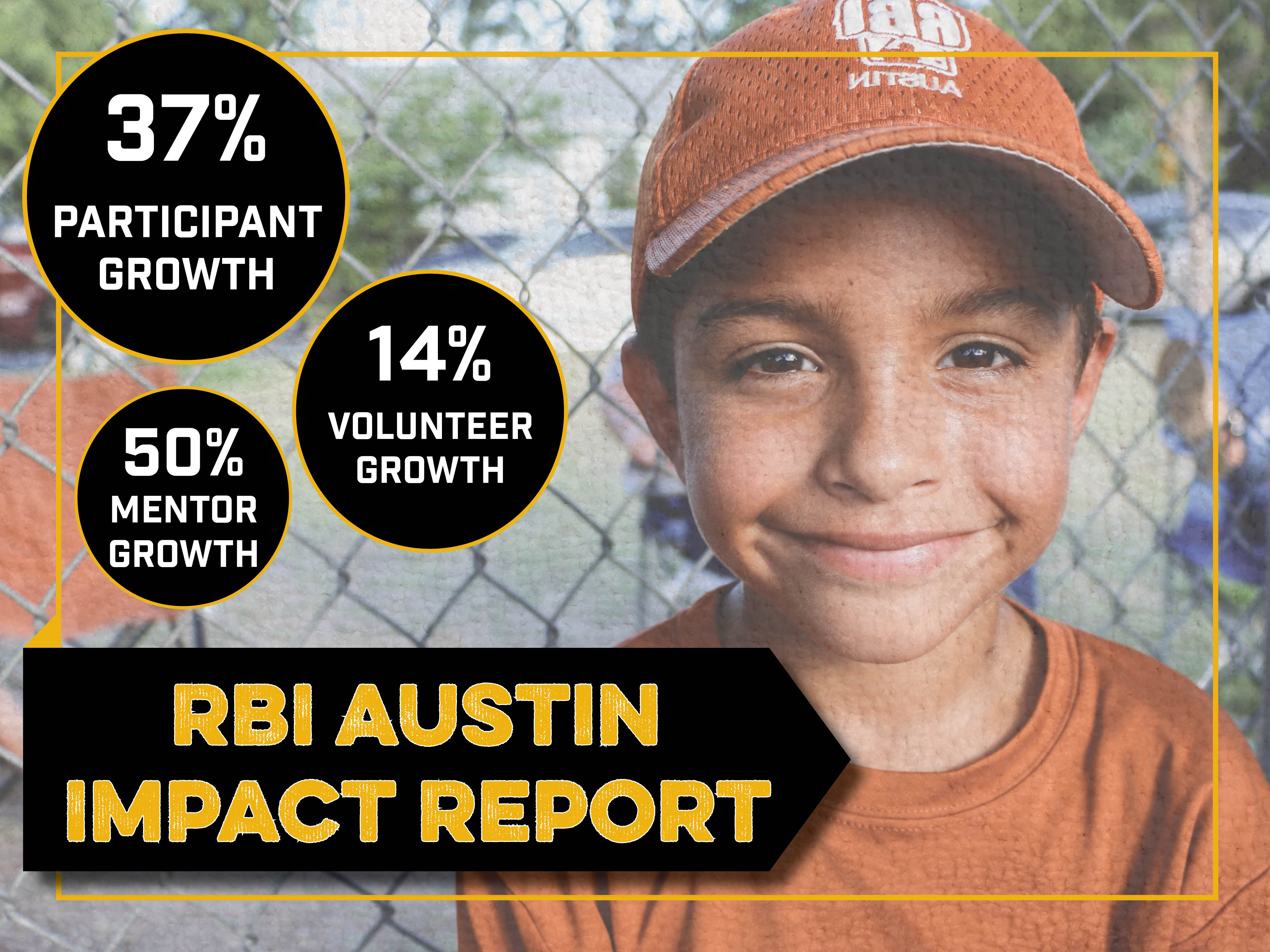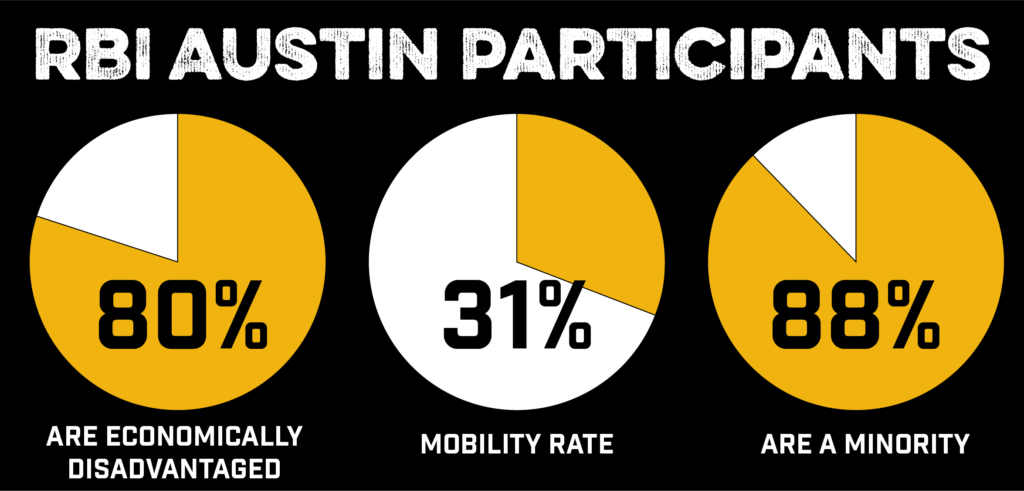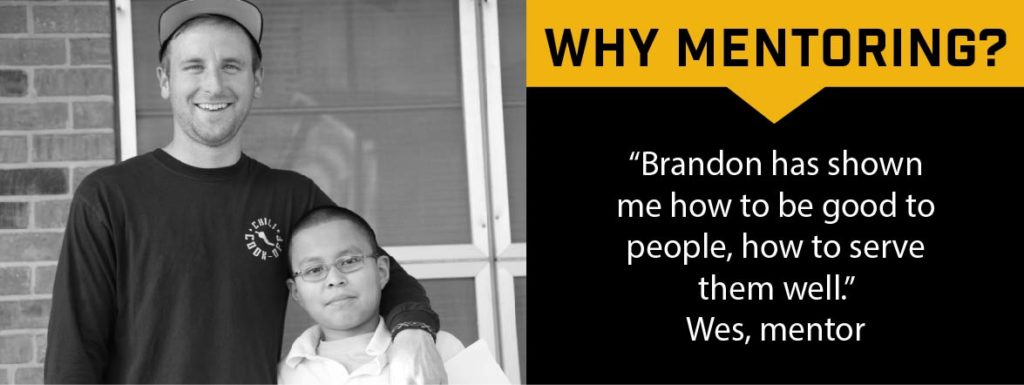Love of the game? Passionate about helping inner-city youth? Deeply believe relational programs like gospel-centered mentoring lead to life-long transformation?
Whatever your reason for engagement, we’re grateful for you and for what you bring to our RBI Austin team.
Join us in celebrating what you’ve made possible this year. View our impact report.
Why inner-city youth?
Did you know that 80% of our participants are economically disadvantaged? With 31% of participants being considered mobile. This is nearly double the state average (16.5%). A student is considered mobile if he or she changes schools within a given school year.
We know that household income directly affects kids playing sports. Research tells us that money is the biggest driver of early sports participation. Only 38% of kids from homes with $25,000 or less in income play team sports, compared to 67% of kids from $100,000+ homes.
Why baseball and softball?
We love baseball and softball for the game, for the way it develops character and life skills, and for how it connects and transforms all involved. Research shows that:
- High school athletes achieved a level of education 25 to 35% higher than their non-athlete classmates.
- High school athletes had 12 to 31% higher wages than their non-athlete counterparts.
Additionally, we know that sport participation significantly benefits female high school athletes. Research tells us that:
- Female high school athletes are 92% less likely to get involved with drugs and are 80% less likely to get pregnant
- Female high school athletes are 3 times more likely to graduate than non-athletes
Why Mentoring?
Consistent, gospel-based mentors have proven to positively impact inner-city youth, and we believe that mentoring:
- Fosters a community who will help develop children into all God has created them to be
- Equips children for success in school, family, faith, and health
- Mutually transforms both the mentor and the mentee to draw the other closer to Jesus and become more like Him
Researchers found that after 18 months of spending time with their mentors, mentees (compared to children without mentors) were:
- 46% less likely to begin using illegal drugs
- 27% less likely to begin using alcohol
- 52% less likely to skip school
View our impact report.




